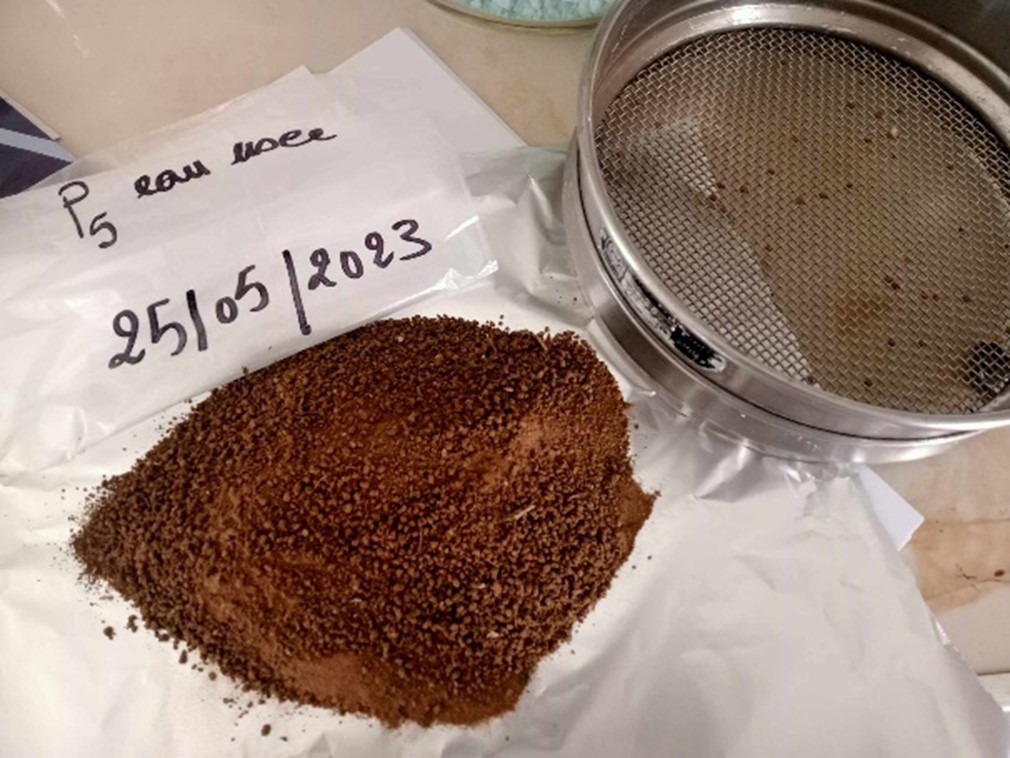Comprehensive Soil Quality Monitoring for Sustainable Agriculture
🌱🔍 In our pursuit of sustainable agriculture, soil health is a top priority, and we closely monitor it from soil preparation all the way through to post-harvest. Our soil quality assessments cover fields irrigated with treated wastewater, well water, and control plots without irrigation, allowing us to understand how each water source affects soil health over time.
Before planting, we conduct extensive soil testing to establish baseline values for key indicators such as organic matter, pH, salinity, and mineral content. These pre-planting measurements help us understand the initial state of the soil, providing crucial reference points for assessing changes that occur after harvest. Our team uses a combination of physical, chemical, and biological testing methods to get a complete picture of the soil’s health. For example, chemical analysis identifies levels of essential nutrients like nitrogen, phosphorus, and potassium, which are critical for supporting plant growth.
Following the growing season, the soil is tested again to analyze how each irrigation method influenced its quality. This post-harvest evaluation looks at any shifts in nutrient content, organic matter, and microbial activity, allowing us to see the impact of irrigation on soil fertility and overall structure. These rigorous monitoring practices provide invaluable data that not only support sustainable farming practices but also ensure long-term soil productivity.


